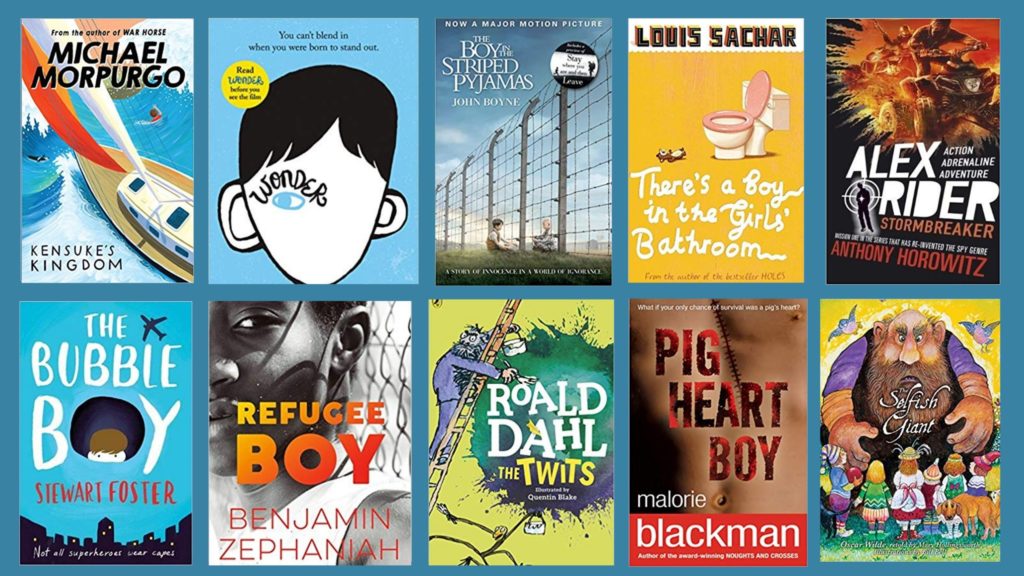Understanding the most challenging behaviours

When dealing with extremely challenging students, many teachers understandably feel out of their depth.
Most of us went into teaching to teach. To share our knowledge and enthusiasm we have for a particular topic or subject. To facilitate a child’s progress, to see their eyes light up when they grasp a difficult concept, to allow them to achieve something they never thought possible. We aim to communicate a love for something that we found thrilling, the mastery of which we ourselves found satisfying and fulfilling.
Every teacher will confirm that it’s just not like that.We often find ourselves cajoling, pulling, dragging, and pushing a disinterested and switched off cohort of teenagers who’d rather be scrolling through each others’ social media posts or battling someone on the other side of the world in Fortnite. So far so normal.
What educators seem to be encountering more frequently are extreme behaviours some of our students display, behaviours that many of us have rarely witnessed let alone having been at the receiving end of.
It is not unusual to hear stories of children using extreme language, being abusive and threatening to teachers, support staff and their class mates. More frequently, we hear of children hitting, hitting, spitting, kicking, punching staff as well as other children.

What teachers and school staff must not forget that this type of behaviour is usually displayed by students who struggle to communicate their inability to cope in a certain situation. Many of our students do not have the emotional maturity to deal with a difficult situation. Even more, students do not have the linguistic skills to deal with a situation they feel out of depth with. A child who lacks both, emotional maturity to cope with a challenging situation as well as verbal skills to express themselves, often has no other way of responding than in a physical way.The behaviours some children exhibit when in crisis, can be intimidating, out of control and downright scary.
A child who has been read to, who has been exposed to a wide range of vocabulary by parents who chatted with them every day, included them in family conversations, exposed them to a variety of experiences and social situations that helped them to become well-rounded, resilient people, will have the skills to cope with being challenged and unsettled.
A child on the other hand, who grew up with parents who had emotional difficulties themselves, who dealt with conflict through violence or verbal abuse, who were not able to articulate how they felt or what they thought, will not have those skills.
It is down to us to ensure we provide opportunities for success, no matter how small, to build up their confidence, resilience and belief in their own ability to achieve something.
Often children do not go to nursery before they enter the education system at four years old, lacking the most basic communication and language skills to make themselves understood and heard.
Many children do not have role models who show them that conflict can be resolved by talking and problem-solving. These are the children who end up shouting, screaming, fighting and pushing their way out of a conflict situation and these are the children mainstream school struggle with.
As educators, we need to accept that we have these children in our classrooms and that they need our help to manage negative emotions, feelings of failure, fears of being exposed. It is down to us to create learning environments where children feel they can make mistakes without being uncovered, ridiculed and humiliated. This is the kind of trust and relationship building that can make all the difference in how a child perceives school, their teachers and the value of education as a whole.








Responses